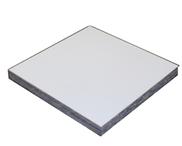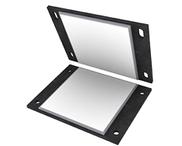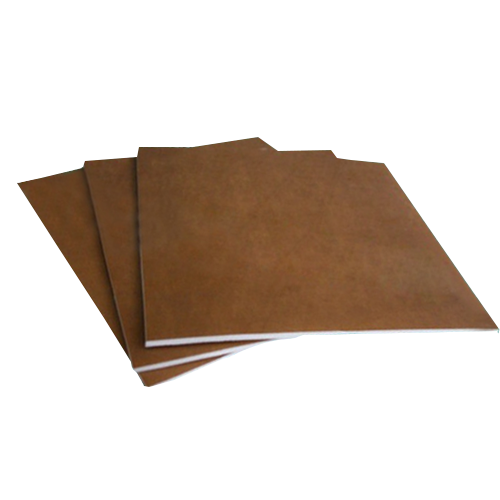WHAT ARE SLIDE BEARINGS?
A slide bearing comprises an upper element and a lower element, which operate by sliding against one another. The upper element is generally larger than the lower element by the amount of the anticipated movement. This ensures that the lower element is subjected to uniform load throughout motion and excludes foreign matter from the sliding interface.
The fantastic frictional properties of PTFE mean it is an ideal material to be used in this application. The material has very low friction coefficients with pads and slideways made from Virgin PTFE and the use of different grades of fillers can greatly improve wear resistance and friction coefficient.
Typical applications include construction, bridge bearings, pedestrian footbridges, storage tanks & structure expansion and movement joints.
We work in close partnership with many structural steel companies, architects, and engineers and find ourselves the technical partners to advise and supply PTFE slide bearings wherever movement within or at the interface between structures or objects exists. This can be from any of a number of inputs such as expansion & contraction from temperature change.

This is our most basic expansion bearing. The STC PTFE to SS Expansion Bearing has #8 mirror finished stainless steel upper and a Virgin PTFE lower (with or without glass reinforcement). This bearing is used when tolerances, loads and rotations are moderate.
You would typically see these bearings being installed in parking garages, pedestrian bridge and expansion joints.

The TTC PTFE to PTFE expansion bearing is very similar in design to the STC PTFE to SS Expansion bearing with the main difference being this slide bearing has Virgin PTFE (with or without glass reinforcement) on both the upper and lower components. This slide bearing has a slightly higher coefficient of friction than the STC slide bearing but is used in situations where additional expansion is required.
You would typically see these bearings being installed in parking garages, pedestrian bridge and expansion joints.

The TTC PTFE to PTFE expansion bearing is very similar in design to the STC PTFE to SS Expansion bearing with the main difference being this slide bearing has Virgin PTFE (with or without glass reinforcement) on both the upper and lower components. This slide bearing has a slightly higher coefficient of friction than the STC slide bearing but is used in situations where additional expansion is required.
You would typically see these TTC slide bearings in slip joints, tank and expansion joints.
| PTFE Type: | Glass Filled PTFE | Virgin PTFE |
|---|---|---|
| Description | Reinforced with glass fibers, higher load bearing | Lower coefficient of friction |
| Color | White / Tan | White |
| Operating Temperature | -250 C to +260 C | -250 C to +260 C |
| Deformation under load (ASTM D621A) | 24 HR @ 230C, 14 MPa = 1.0% | 24 HR @ 230C, 14 MPa = 5.1% |
| Deformation under load (ASTM D621A) | 1 HR @ 1500C, 5 MPa = 2.1% | 1 HR @ 1500C, 5 MPa = 11.1% |
| Deformation under load (ASTM D621A) | Permanent = 0.8% | Permanent = 7.0% |
| Compressive Strength (ASTM D695) | 1% Strain = 10.8 MPa (1560 PSI) | 1% Strain = 4 MPa (580 PSI) |
| Compressive Strength (ASTM D695) | 5% Strain = 30.0 MPa (4350 PSI) | 5% Strain = 11.5 MPa (1670 PSI) |
| Compressive Strength (ASTM D695) | 0.2% Offset = 18.2 MPa (2640 PSI) | 0.2% Offset = 9 MPa (1300 PSI) |
| Maximum Pressure (Non Recessed) | Up to 18 MPa | Up to 6.9 MPa |
| Maximum Pressure (Recessed) | Up to 50 MPa | Up to 13.7 MPa |
| Coefficient of Friction (Dry) | 0.03 - 0.07 | 0.04 - 0.07 |
| Flammability (ASTM D635) | Self Extinguishing | Self Extinguishing |
| Water Absorption (ASTM D570) | 0.0% | 0.0% |